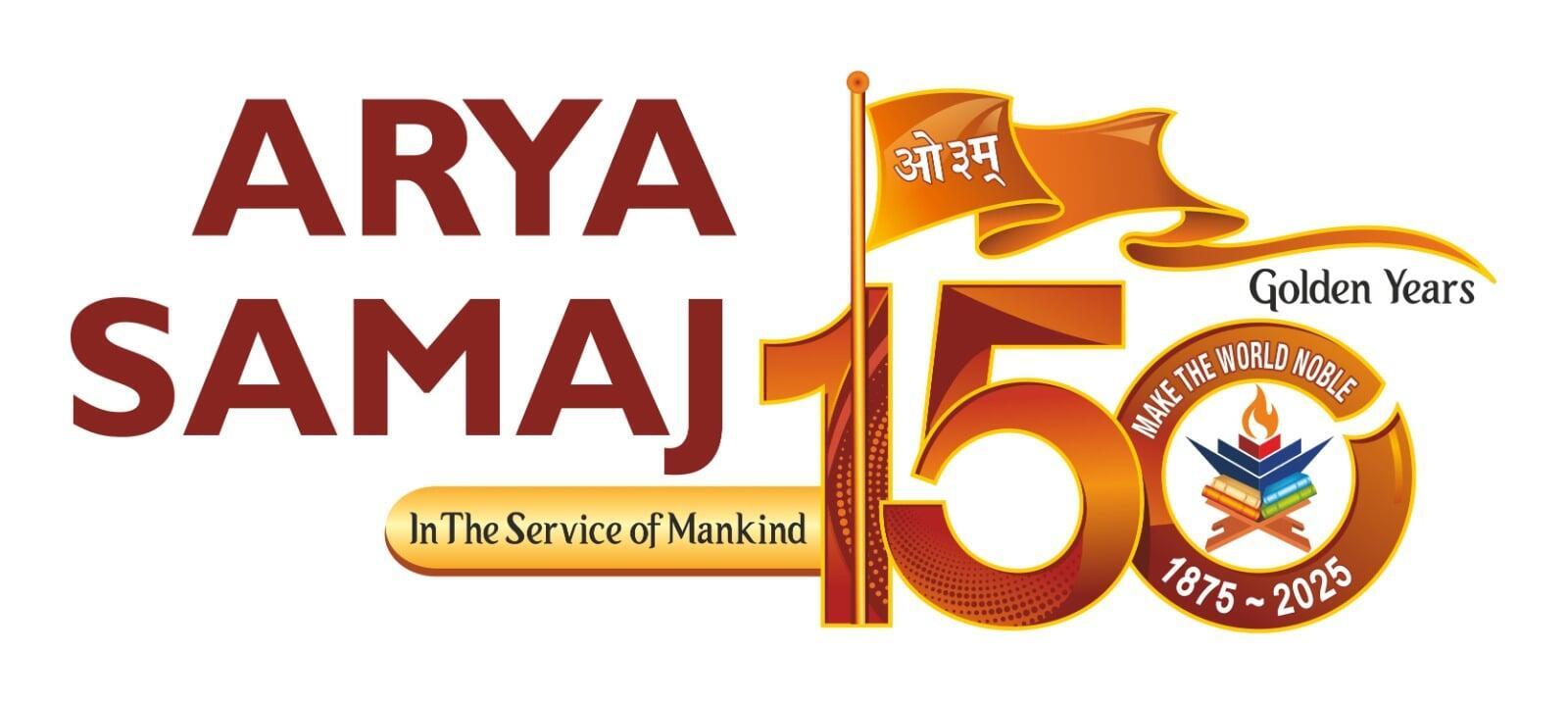On Sunday, August 10, 2025, Arya Samaj Mississauga gathered for the sacred Vedic ritual of Shravani Upakram—a timeless tradition symbolizing commitment to learning, self-discipline, and spiritual growth.
The event began with Hawan & Satsang led by the youth, inspiring deeper spiritual reflection. This was followed by the Upakarma Ceremony, where several Arya members—including young children, youth, and adults—either adopted the Yajnopavit for the first time or renewed their sacred thread with reverence.
Dr. Ravi Srivastava delivered an enlightening pravachan on the significance of Shravani Upakarma and Yajnopavit, explaining its deep-rooted importance in Vedic life. (A short note from his pravachan is provided below for our viewers’ reference.)
The ceremony concluded with a short talk, meditation, and Shanti Paath, after which everyone enjoyed Prasad together, strengthening our bonds as a community.
We are grateful to all who participated, especially our youth, for keeping the flame of Vedic values alive. May we continue to honor and preserve this eternal tradition for generations to come.
Yajnopaveeta Sanskar
Yajnopaveeta or "Upanayana" or "Janeu" is one of the sixteen Vedic Sanskars and it is performed when a child is ready to attend the school. After reciting the mantras, the priest helps the child to put on the yajnopaveeta on the left shoulder, around the neck under the right arm, and going down to the waist. It signifies that we should have control over our senses. Yajnopaveeta means the one which reminds the person wearing it to perform Jeevana-Yajna without fail.
It contains three threads and each thread is again a combination of three; totally there are nine threads. A person who acts upon the messages of these threads becomes 9 — a perfect person — and this reminds the person that the aim of life is to attain perfection that will lead towards God and Eternal Bliss. It also reminds the person to be "Yajna" or "Yajniya" and takes the person to the "Yajna — the God".
The first thread represents the Individual. An individual should develop three main powers — Physical, Mental, and Spiritual; should harmonize three things — Thoughts, Words, and Deeds; should combine three things — Efforts, Prayer, and Devotion to get success in life; and should perform three things daily — Meditation, Study, and Worship.
The second thread represents Family. As a family member, he/she should be careful to fulfill his/her duties towards his/her family — Spouse, Children, Parents, and Relatives.
The third thread represents Society. As a member of society, he/she should work for the welfare of all. He/she should develop three qualities — Selflessness, Patience, and Sweetness. He/she should have three main objectives — To work for God, To carry His Message, and To bring Peace and Happiness. When the person works on these lines, God loves and protects the person by giving all the energy required and providing right thinking. Such a person never falls into any sufferings or miseries. Yajnopaveeta is also called Pavitra — pavi means "miseries" — and Raksha Sootra — the thread that saves from all miseries.
Three threads also emphasize that we are indebted with three debts (Rin) namely Rishi-rin, Pitri-rin, and Dev-rin.
Rishi-rin — Rishis acquired the spiritual knowledge and they passed on that knowledge to us through Vedas, Upanishads, etc. Our parents sacrificed their comforts to provide shelter and food for us. We can never pay off our debts towards our parents. Teachers guide us in attaining knowledge to become useful to society and achieve our goals. We should try our best to pay off this debt by looking after our parents and by educational help to the needy. This Rin is paid by remaining Brahmacharya while studying.
Pitri-rin — Our Mother is the first teacher. We owe our gratitude to our Mother and Father who are the creators of our physical body. We are also grateful to them for their selfless service. It is our moral duty to pay off their debts by procreating and fostering excellent offspring so that the chain from Father to Son continues in society. This way we pay off this debt. The second thread reminds us of this while entering domestic life from Brahmacharya.
Dev-rin — We are indebted to all animate and inanimate deities. Animate deities are Mother, Father, Teacher, Rishis, Atithi, Husband, Wife, etc., and inanimate deities are Earth, Plants, Trees, Fire, Water, etc. To pay off their debt, we must perform "Yajna". We should free ourselves from domestic life for the benefit of society. This will help us to move from attachment to detachment.
The nine threads of the Yajnopaveeta have one more important secret. It represents nine deities whose nature, attributes, and characteristics ought to be adopted by us. These nine deities are:
Omkara — God's knowledge and light of oneness
Agni — Light, illumination, and remover of sins
Ananta — Infinite stability and resolution
Chandrama — Sweetness, coolness, and loveliness
Pitrigana — Love and Blessings
Prajapati — Maintenance of the masses, love, and happiness
Vayu — Holiness, vigorousness, movability, and sustenance
Surya — Light, removal of darkness, and purifier of impurities
Sarva-Deva — Divine and simple living
The nine threads in the Yajnopaveeta also indicate nine gates of the human body. They are two eyes, two ears, two nostrils, mouth, and two genitals. We have to place one watchman at each gate so that there is no misuse of these openings of the body. We should realize that the real pleasure of life is not outside. We have to go inside to meet the long-time happiness — the Eternal Bliss. We should use these nine gates properly to get success in life to reach the goal — Salvation or Moksha.




